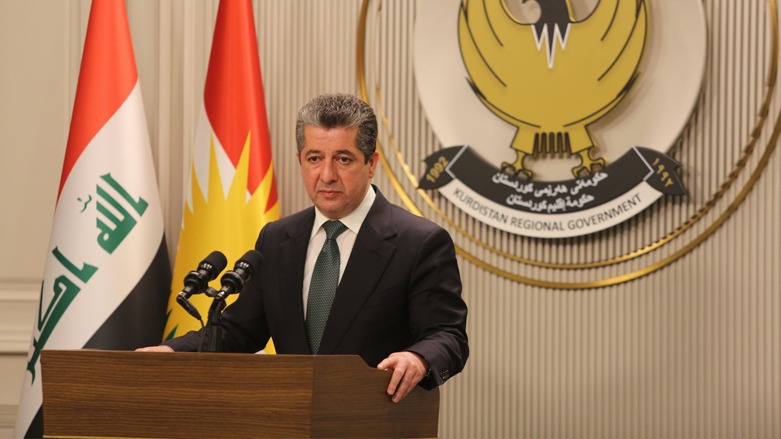PM Barzani authorizes free healthcare for autistic children

ERBIL (Kurdistan 24) – Prime Minister Masrour Barzani decided on Thursday that treatment and diagnosis services for autistic children will be provided free of charge in the Kurdistan Region's public hospitals.
The move intends to financially assist families with autistic children, read a statement from the Kurdistan Regional Government (KRG).
There will be no fees for treatment and diagnosis of the condition for the families under the new rule.
Prime Minister Barzani also ordered the Ministry of Health and the Ministry of Labor and Social Affairs to take necessary measures to implement the decision, the statement added.
In early February, the KRG Ministry of Transport and Communications issued a decision that permits travelers who have autism to use the “business class” queues in the Kurdistan Region’s airports.
Read More: KRG establishes new protocols at airports to accommodate travelers with autism
In late May, the prime minister allocated $5 million for thalassemia patients so they can undergo bone marrow transplantation abroad.
Read More: PM Barzani allocates over $5 million for thalassemia patients
The United Arab Emirates (UAE) Red Crescent opened a 2,500-square meter center in May 2021 for autistic children in the Kurdistan Region capital Erbil. The services the center provides are also free-of-charge.
Read More: UAE-funded autism center inaugurated in Erbil
“Autism spectrum disorder (ASD) is a developmental disability caused by differences in the brain,” according to the US Centers for the Disease Control and Prevention. The condition affects each person who has it differently. For example, some might possess advanced conversation skills while others cannot even speak.
ASD is usually diagnosed as early as three years of age and will be chronic, but symptoms might improve with necessary interventions. Someone with the condition might need a lot of care throughout their life.
According to a Kurdish volunteer organization Hope Autism Society, there are at least 3,000 people with the condition in the Kurdistan Region.
